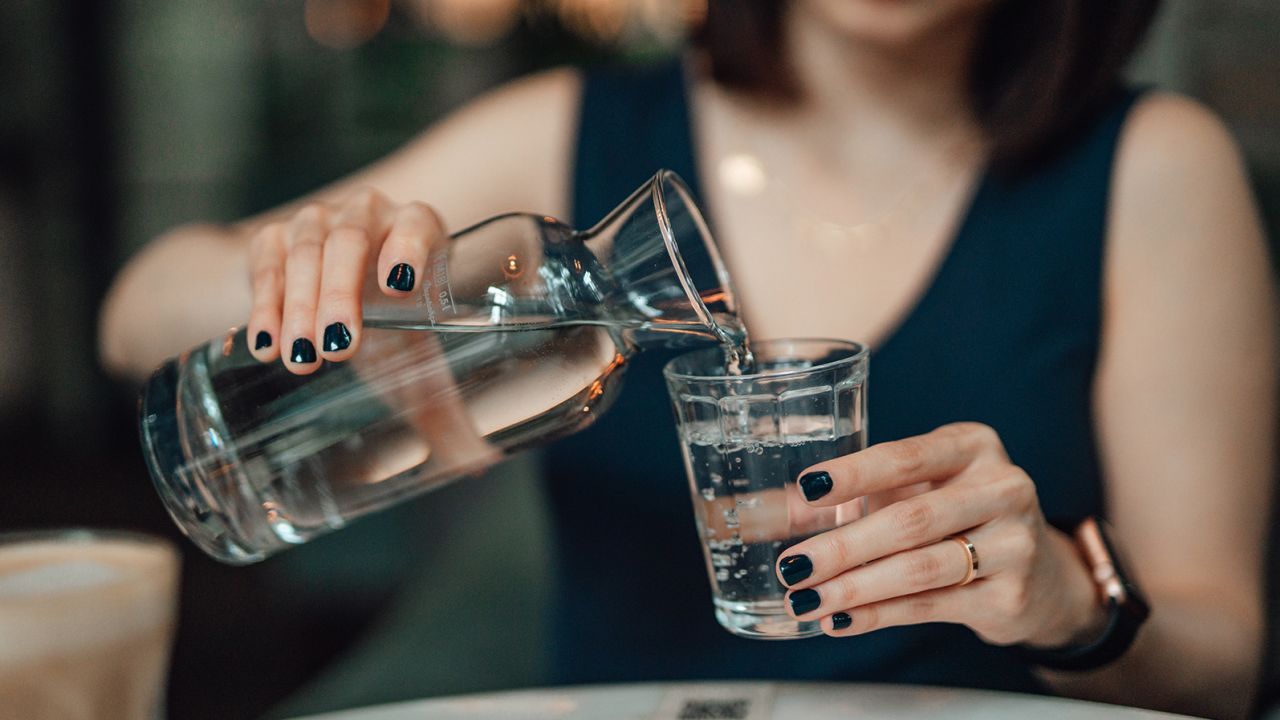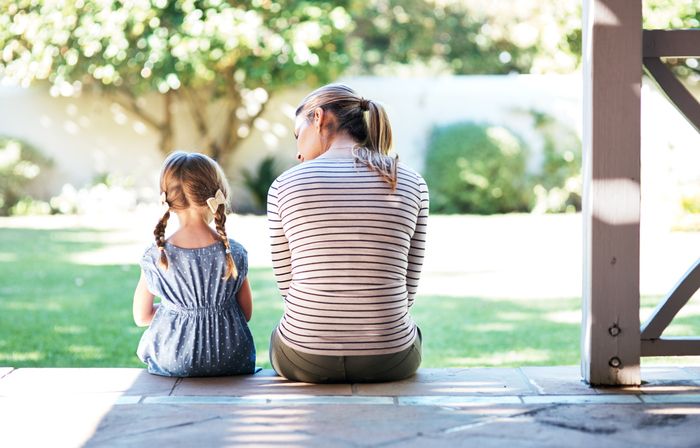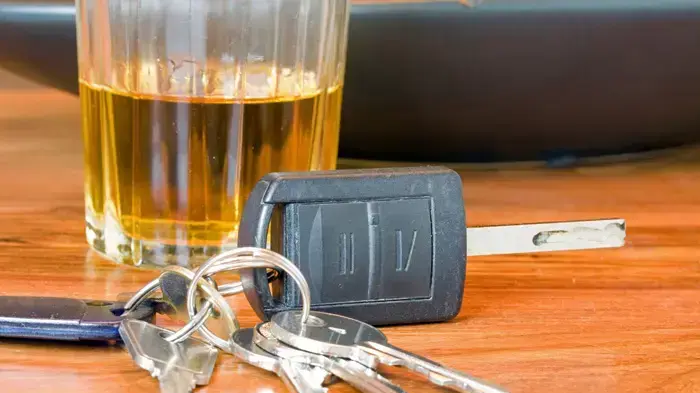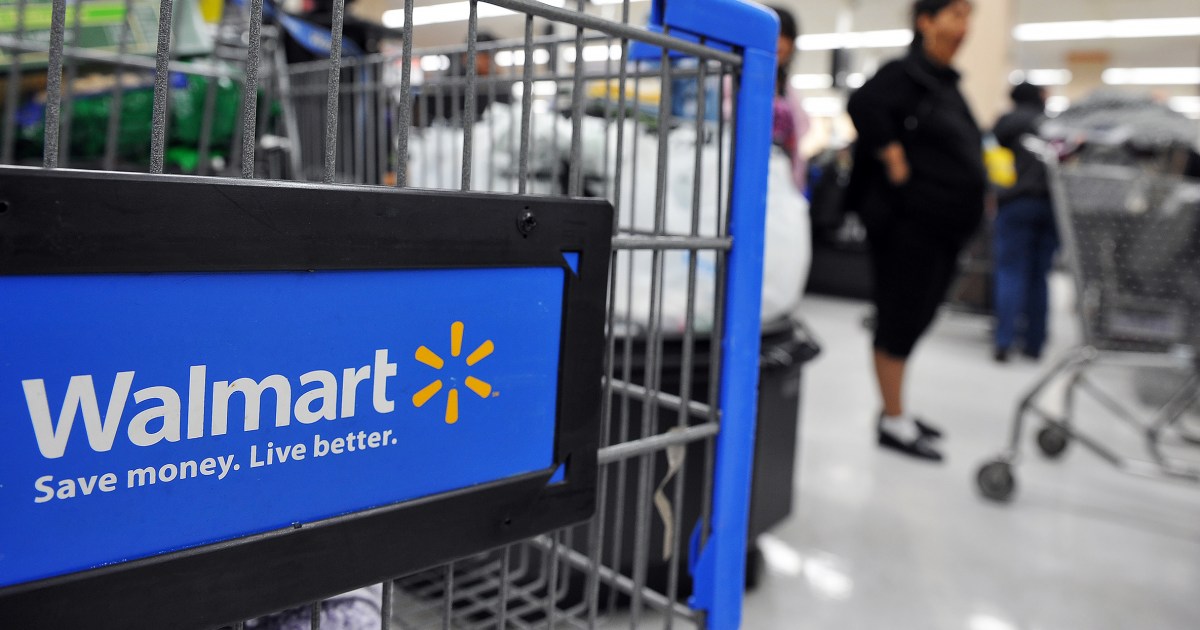Study debunks myths about the benefits of alcohol 1:22
(CNN) --
Sober October, Dry January and Dry July: For one quarter of the year, these campaigns offer a motivation for people to come together and challenge themselves to be alcohol-free.
It's no surprise to Annie Grace that these cut-down periods are becoming more and more popular.
The author of "This Naked Mind: Control Alcohol" said that she sees more and more people evaluating the relationship that alcohol has in her life.
How much is too much?
The US Centers for Disease Control and Prevention (CDC) classifies moderate alcohol consumption as two drinks or less per day for men and one drink or less for women.
However, two-thirds of adult drinkers report drinking more than those levels at least once a month, according to the CDC.
Are you worried about your alcohol consumption?
Here, a guide to control it
And the pandemic did not help.
A December 2020 study found that 60% of respondents increased their alcohol consumption throughout the year and more than a third said they had engaged in binge drinking, defined as five or more drinks in one occasion for men and four for women.
Studies show that alcohol is not good for a healthy life.
According to the World Heart Federation, there is no safe amount for heart health.
And even moderate consumption reserved for the weekend can have social, emotional and psychological repercussions, according to a 2022 study.
advertising
Sober October could be a step toward quitting alcohol altogether, but it doesn't have to be, says biological psychologist Aaron White, senior scientific adviser to the director of the National Institute on Alcohol Abuse and Alcoholism.
Whatever your level of use, a month-long sobriety challenge could help you become more mindful of your use, White added.
Who benefits?
You may think you don't need a break from drinking because you don't have signs of a substance use disorder: your drinking is causing serious impairment, health problems, disability, or trouble fulfilling your responsibilities.
But problem drinking is a spectrum, not just a binary between addicted and healthy, Grace said.
You may drink a little but not feel good about why or how you drink.
You can drink a lot but feel that doing so works well in your life.
Even people who don't drink heavily may find themselves with less control over when and how much they drink than they'd like, Grace said.
She was one of those people.
Grace didn't think she needed treatment programs, but found that cutting down on her drinking was a struggle, which to her was a sign that something needed to change.
How much alcohol is healthy if you are under 40?
Nothing, says a study
Accepting a sobriety challenge doesn't mean you have to quit forever, but it can help you be more thoughtful in your drinking decisions instead of doing it because that's what you usually do, White said.
"It gives someone the opportunity to grow alternatives," he added.
How does it help?
Even in just one month, there is evidence that cutting back on alcohol can be good for your physical health.
"Most people who drink heavily have fatty livers," White said.
"Even taking a break for a month is enough for liver enzymes to drop and for the liver to look healthier."
Some people may find that with less or no alcohol they sleep better and make better food choices, White said.
And when it comes to emotional health, a short-term challenge can signal feelings and routines that could be improved, Grace added.
A glass of wine a day may not have as many benefits for your health
Many of the people he works with -- even moderate drinkers -- describe their relationship with alcohol as something they don't fully control, he said.
Encourage people undergoing a sobriety challenge to take note of when they feel the urge to drink and what purpose it serves.
Does sharing a drink at a party make you feel part of a community?
Is that glass of wine after a long day a reliable feeling of comfort?
Drinking may be an easy -- but not the best -- way to satisfy those needs, Grace says.
Taking note and trying to find those things without the drink could open you up to new ways to satisfy those feelings, White added.
How to do it successfully
There are a couple of hurdles to be aware of during a month of sobriety, according to Grace.
One of them is overcoming the desire to drink, and experts have different approaches to solve that problem.
Cutting back on drinking can have a similar effect to dieting: The more you tell yourself you can't drink it, the more you want it, said Natalie Mokari, a registered dietitian nutritionist in Charlotte, North Carolina.
He recommends starting with one drink less than you usually have on each occasion or breaking a daily habit by limiting drinking to certain days.
You can also sip a sparkling water between drinks or mix up weaker-than-usual cocktails to cut down on alcohol intake, he said.
More than 40% of alcohol or cannabis users who responded to a survey drove a vehicle under the influence, according to a study
White says it's important not to feel embarrassed if you end up drinking during the sobriety challenge.
Don't throw away the whole experience by punishing yourself for a glass of wine, he added.
Grace, for her part, recommended leading with curiosity and information.
Learning more about the psychology and biology of alcohol helped reduce her desire to drink, she said, and approaching her urges with curiosity rather than judgment allowed her to learn more about the role alcohol played in her life.
There is also social pressure to drink.
How not to drink when everyone else does?
Especially if friends feel awkward when they don't see you with the beer you always have?
The first thing to remember is that people can make you feel bad because they feel uncomfortable about their own relationship with drinking, says Grace.
It often helps to have a non-alcoholic drink on hand at social events, White said, so the offer of a drink doesn't even come up.
Don't drink too much on November 1
If you're hoping to curb your habits or improve your health, it's important that you don't view crossing the finish line as the time to overdo it, Mokari said.
Psilocybin 'Trips' Combined With Therapy Reduce Alcohol Consumption: Study
Drastically reducing consumption during that time can lower your tolerance, and what was enough for a high today could result in a much higher level of intoxication than you expected 30 days later, White said.
You may also be undoing the habit changes you've built up over the month by coming back stronger after it's over, Grace added.
"In our society, even saying 'I want to take a break' is super brave," he said.
"If you don't change how you feel about it, but you do it hard for the whole month, it becomes this forbidden fruit syndrome."
Alcohol


/cloudfront-eu-central-1.images.arcpublishing.com/prisa/VB2FZXRBEFBPNAN5IFP75J6YOM.jpg)



/cloudfront-eu-central-1.images.arcpublishing.com/prisa/YU6JYS64KNDZNHHGXA3QMTYNGY.jpg)





/cloudfront-eu-central-1.images.arcpublishing.com/prisa/KMEYMJKESBAZBE4MRBAM4TGHIQ.jpg)


